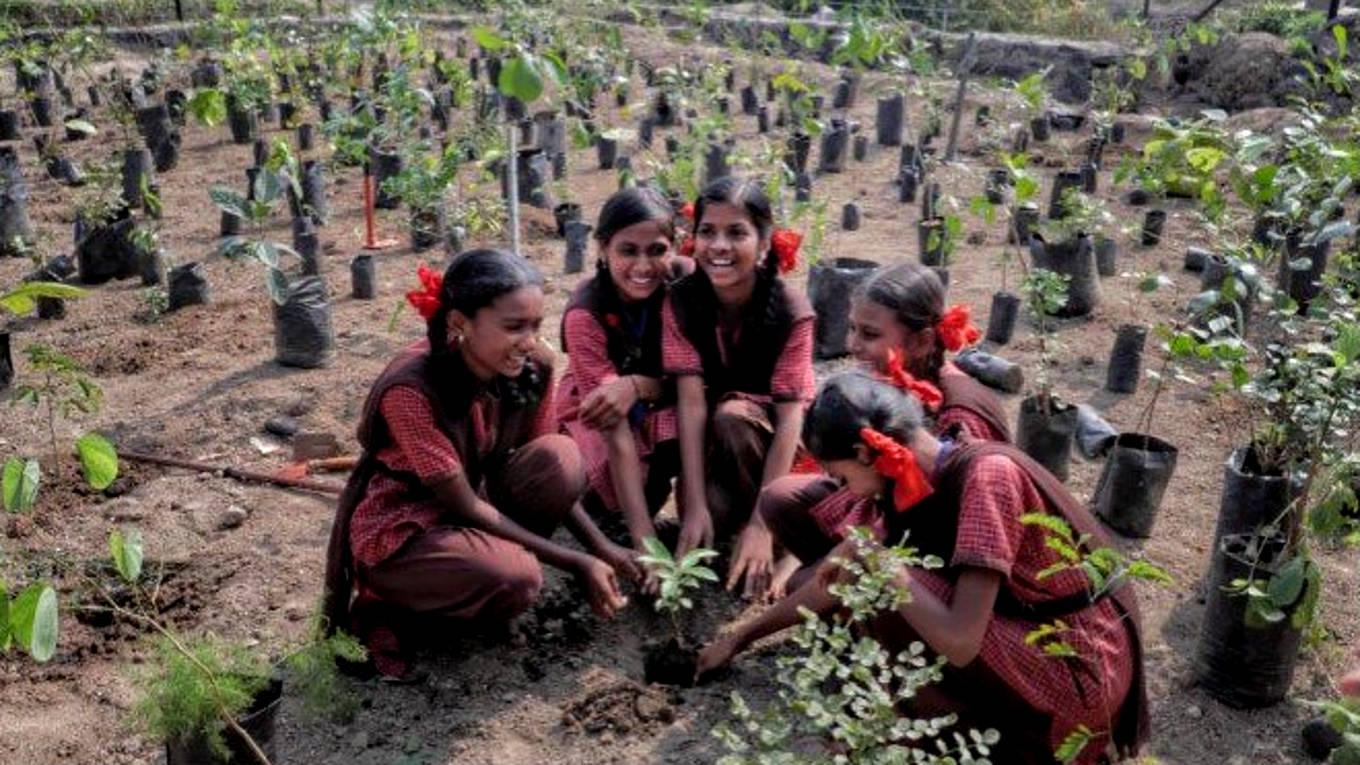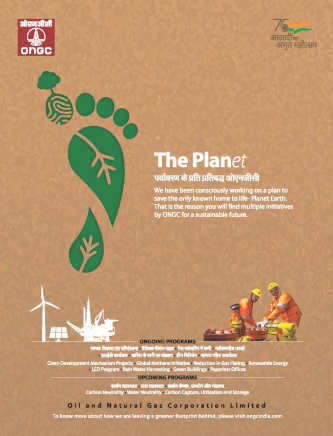A unique tripartite agreement with Zilla Parishad schools and an NGO is enabling polishing company Grind Master Machines to plant 100,000 trees this year using the Miyawaki dense forest method. The Green Aurangabad mission involves at least 10 teachers and 300 students from each of 100 schools to plant trees native to the region and take care of them, explains the company’s founder-managing director Mohini Kelkar.
“About 50 schools were completed last. By September-end, we will reach 100 schools for which we had obtained permission,” Kelkar says. “We are thinking of having a virtual event to celebrate the completion of 100 schools in the first week of October.” The initiative also helps the children to learn the varieties of local trees and what is needed to build the ecosystem and instil ownership of ‘their’ forests. The first 100 trees, planted on 22 November 2019 at the ZP Central Primary School in the city’s Satara locality, have all survived the summer and the pandemic-induced lockdown.
As the ZP’s chief executive officer Pavneet Kaur points out the repercussions of a degraded ecology and landscape on human well-being have been established through both research and experience. The pressing issue of water has brought the problem of ecological degradation into sharper focus in the Marathwada region, she says, adding: “The Green Schools Mission is our strategic response to this challenge.”
According to ZP education officer Surajprasad Jaiswal, Aurangabad is the first district in the country to undertake such a drive involving the maximum number of indigenous tree species using the Miyawaki method. “The drive will create green lungs for villages with the involvement of students and villagers,” he adds.
-

These schoolgirls will look after the trees they plant till the forest becomes self-sustainable























